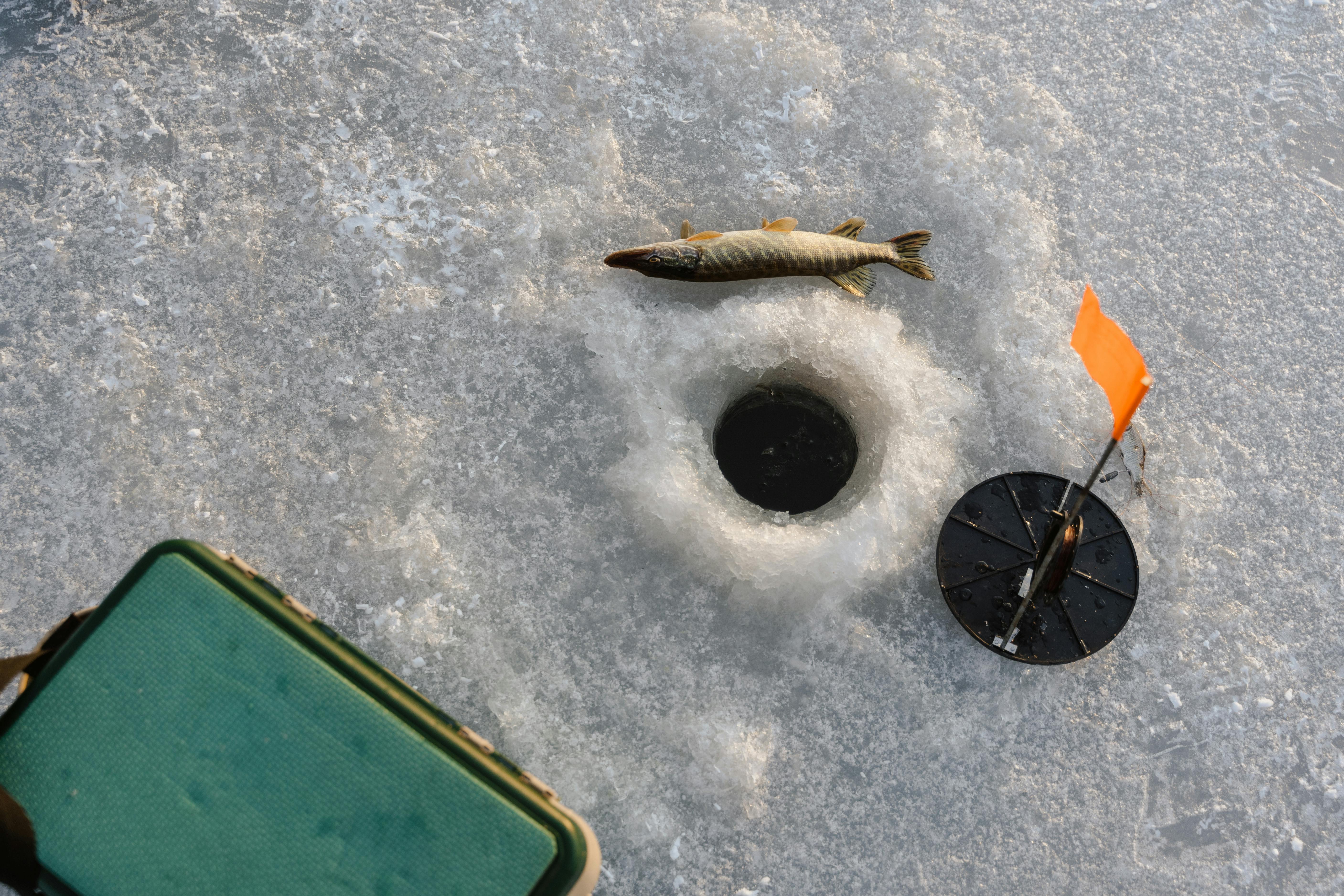Ask:
I have suffered from recurring painful mouth sores for the past year and a half. They appear as thick, inflamed white and red patches all over my gums, quite close to the teeth. My doctor and dentist say I have to put up with them. I eat a relatively healthy diet, for a student, but I also suffer from what appear to be cold sores on my lips. They first appeared with a severe bout of tonsillitis and swollen glands six years ago. Please help.
Answer:
Canker sores are round patches of exposed tissue, which are painful if you explore them with your tongue, as people unconsciously tend to do. Spicy food or alcohol can also trigger pain. If you have numerous or large ulcers, eating becomes extremely difficult.
Mouth ulcers have always baffled doctors. Medically called aphthous ulcers, and also known as canker sores, they look like any ulceration on the mucous membrane, but they can have different underlying causes.
The most common cause is candidiasis due to a fungal infection. Seals are white blobs, which can be cleaned with the tongue or cotton to leave a crater of exposed raw tissue containing nerve endings and blood vessels. These craters are painful and may bleed. Candida is a form of yeast that has tentacles,
or roots, called hyphae. These penetrate the mucosal lining to absorb nutrients from the tissue below. When enough nutrients have been extracted and the tissue is ulcerated, the candida moves to another, healthier area, where it continues to form ulcers.
Antibiotics were originally derived from fungi, and long-term use promotes infection by fungi, such as candida. Broad-spectrum antibiotics have led to a predominance of fungal and viral infections. This is recognized by many conventional doctors.
B vitamin deficiencies and a severe lack of vitamin C can also lead to canker sores. Other causes include excess stomach acid, chronic constipation, Crohn’s disease, ulcerative colitis, and stomach ulcers. Certain foods, such as very hot chili peppers, pineapple, cloves, yams, ginger, and radish, can also cause local irritation in the oral cavity, triggering ulcers. Sometimes people are sensitive to certain medications or chemicals in toothpaste or mouthwash.
In traditional Indian medicine, cold sores are signs of excess body heat. This occurs, for example, when eating game, pigeon or red meat that has been slow-cooked for a long time with herbs and spices (chili pepper, cloves, ginger, garlic, cumin, saffron), as well as excess butter or lard. , almonds and pistachios. The remedy is to eat cooling foods such as raw or spring onions, cucumber, yogurt, buttermilk, cilantro, or melon.
I suggest the following
* For about four weeks, eat simple foods that are steamed, grilled, boiled, or poached with olive oil, salt, mint, parsley, aniseed, cilantro, or chives, nothing else. (You may lose a little weight.)
* Avoid all yeast and fungus products (bread, pizza, Marmite, prepared sauces, some canned goods, beer, wine, mushrooms, and cheese).
* Avoid citrus or acidic fruits (oranges, grapefruit, lemons, pineapples, mangoes, tomatoes, kiwi, rhubarb, vinegar).
* Eat cucumber salad (with yogurt and scallions), watermelon, carrot juice, chilled fresh mint tea.
* Take kadu: soak two branches in a cup of hot water overnight; strain and drink in the morning.
* Take vitamin B complex: one daily for two months.
* Take vitamin C: a 500 mg tablet for two months.
* Take acidophilus with bifidus: one every other day for a month.
* Consult a qualified homeopath. If you are prescribed high potency homeopathic remedies, your mouth may get worse at first, but it will calm down and the condition will heal.




